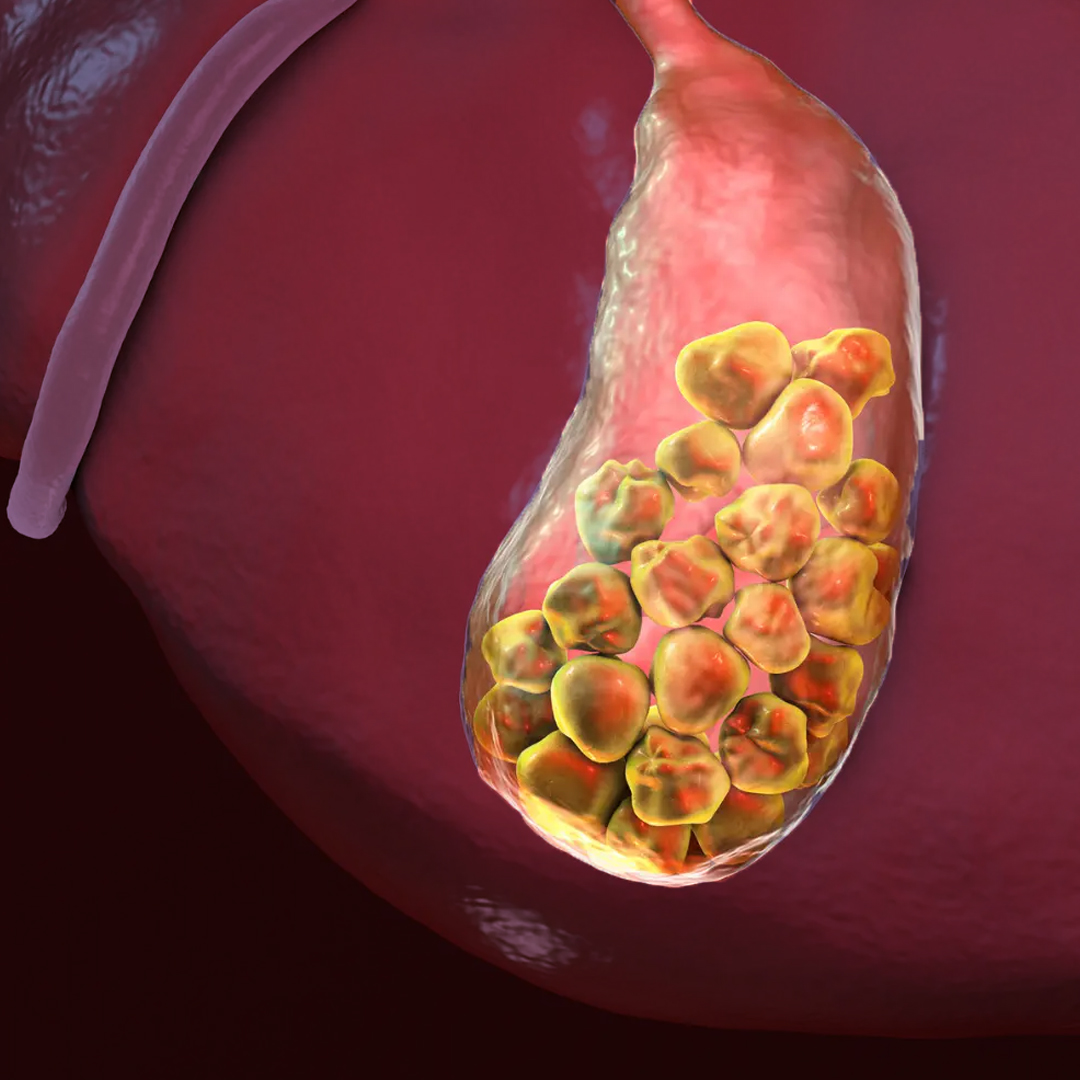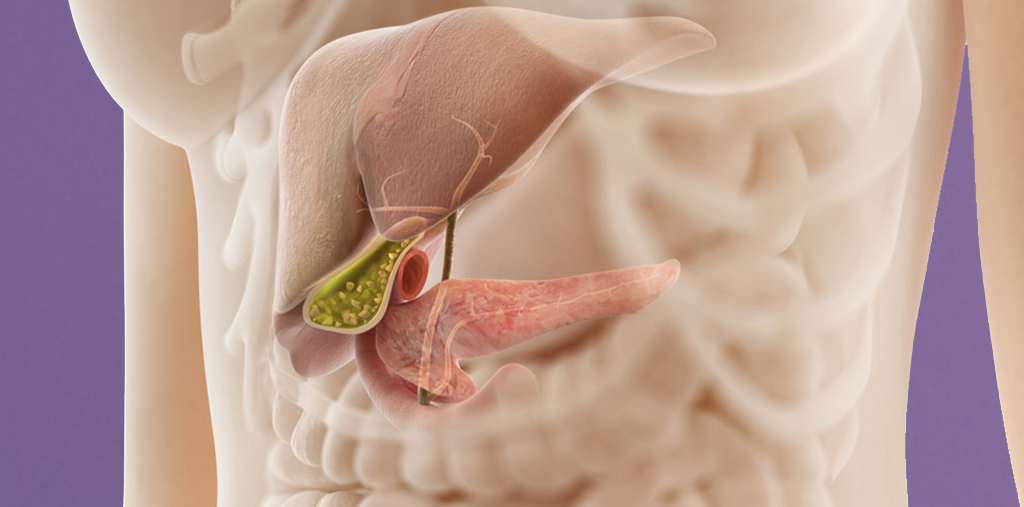Bile Duct Obstruction
Bile Duct Obstruction

What are Bile Ducts?
Bile ducts are a network of tubes that carry bile from the liver to the small intestine. Bile is a watery fluid containing several compounds that aid in the digestion of fats and help the body absorb fat-soluble vitamins such as Vitamins A, D, E, and K. These bile ducts start from the liver and meet in the common bile duct, which transports bile to the small intestine.

The Danger of Bile Duct Obstruction
Bile duct obstruction is a serious medical condition that requires immediate medical care. When obstruction occurs in these ducts, it can lead to the accumulation of bile inside the liver, causing liver damage and potentially leading to severe complications such as hepatitis or liver failure. Additionally, the obstruction may result in the formation of gallstones, inflammation in the intestines, or even impact the health of surrounding tissues.
Symptoms of Bile Duct Obstruction
Some of the key symptoms that may indicate a bile duct obstruction include:
- Jaundice:
Some of the key symptoms that may indicate a bile duct obstruction include:
- Abdominal Pain:
Especially in the upper right side of the abdomen, and it may be severe and sudden.
- Skin Itching:
Due to the accumulation of bile salts in the skin.
- Dark Urine:
Caused by the buildup of bilirubin in the blood.
- Light-Colored Stools:
Occurs due to the lack of bile in the intestines.
Causes of Bile Duct Obstruction
There are several causes of bile duct obstruction, including:
- Gallstones:
One of the most common causes of bile duct obstruction. When gallstones move into the bile duct, they can block the flow of bile.
- Cancerous Tumors:
Tumors that develop in the liver, intestines, or pancreas can obstruct the bile ducts.
- Cholangitis:
An infection or inflammation that causes narrowing of the bile ducts.
- Biliary Cysts:
Fluid-filled sacs in the bile ducts can cause blockages.
- Complications of Bile Duct Obstruction
Fluid-filled cysts in the bile ducts may cause obstruction.
Complications of bile duct obstruction
There are many complications of bile duct obstruction, including:
- Hepatitis:
The accumulation of bile within the liver can lead to acute liver inflammation.
- Sepsis:
In rare cases, bile duct obstruction may cause an infection that leads to sepsis, a life-threatening condition.
- Liver Damage:
Over time, bile duct obstruction may cause irreversible damage to liver cells and loss of liver function.
- Additional Gallstones in the Bile Duct:
New gallstones may form in the bile ducts as a result of chronic obstruction.
Herbal Treatment for Bile Duct Obstruction
While traditional medical treatment is essential, there are some herbs that can help improve bile flow and relieve symptoms. Some of these herbs include:
- Fenugreek:
Stimulates the production of bile and may improve its flow.
- Turmeric:
Contains curcumin, which helps reduce inflammation in the bile ducts.
- Peppermint:
Can help relieve pain associated with gallstones.
However, it is important to consult with a doctor before using any herbs, as they may interact with other medications.
This procedure is used to diagnose and treat the obstruction simultaneously by removing gallstones or tumors.
Medical treatment for bile duct obstruction involves various approaches depending on the cause and severity of the obstruction:
- Endoscopic Retrograde Cholangiopancreatography (ERCP):
This procedure is used to diagnose and treat the obstruction simultaneously by removing gallstones or tumors.
- Surgery:
In some cases, surgery may be required to remove the obstruction, especially if it is caused by gallstones or tumors.
- Biliary Drainage:
In other cases, the doctor may need to drain the accumulated bile using a drainage tube.
- Medications:
In some cases, doctors may prescribe medications to reduce inflammation or dissolve gallstones.
In some cases, doctors may prescribe medications to reduce inflammation or dissolve gallstones.
- Follow a healthy diet:
Eating foods that are high in fiber and low in fats helps reduce the risk of gallstone formation, which can block the bile ducts.
- Maintain a Healthy Weight:
Obesity increases the risk of gallstone formation.
- Exercise Regularly:
Physical activity helps maintain liver and gallbladder health.
- Drink Adequate Water:
